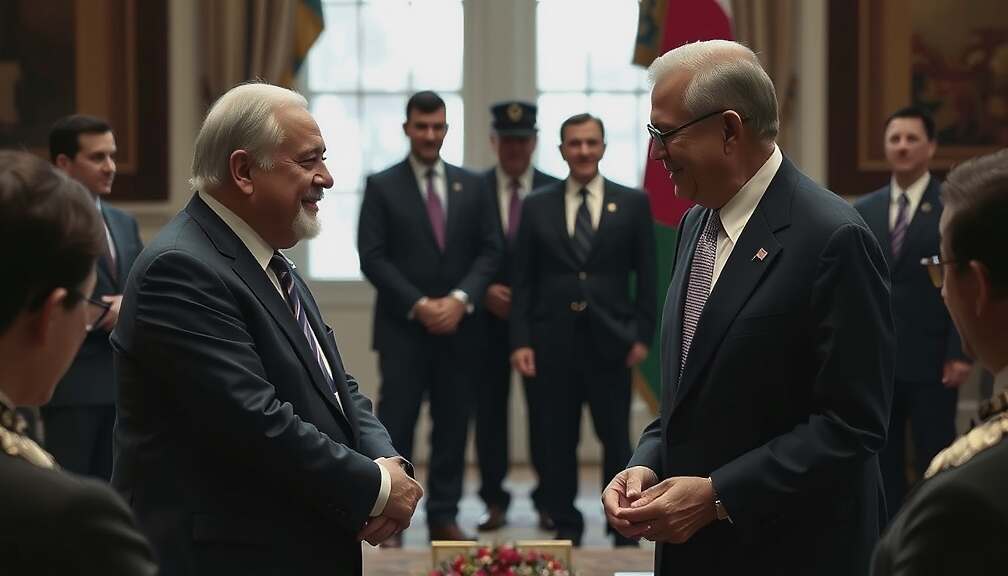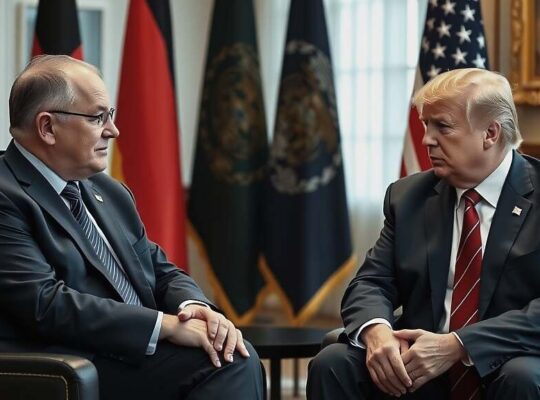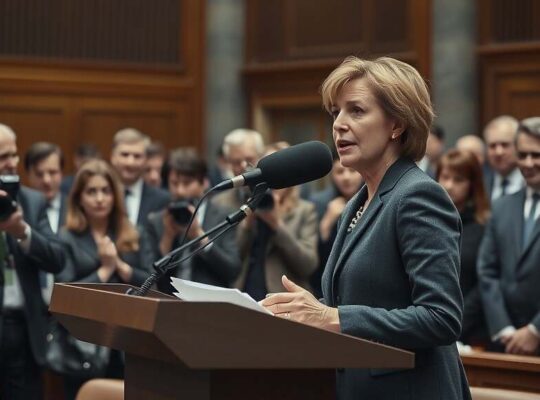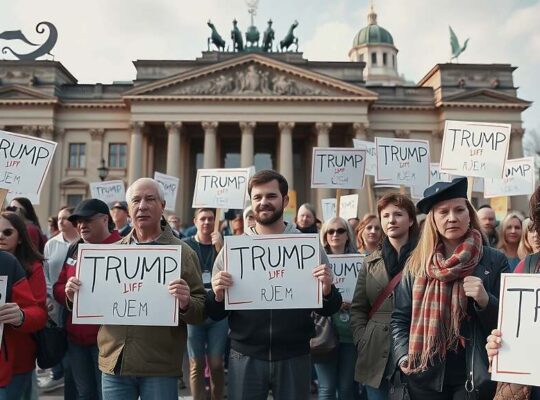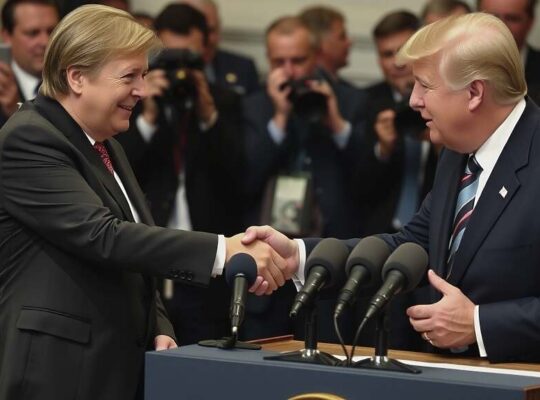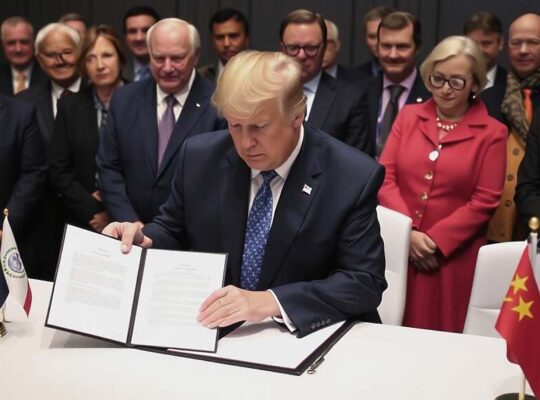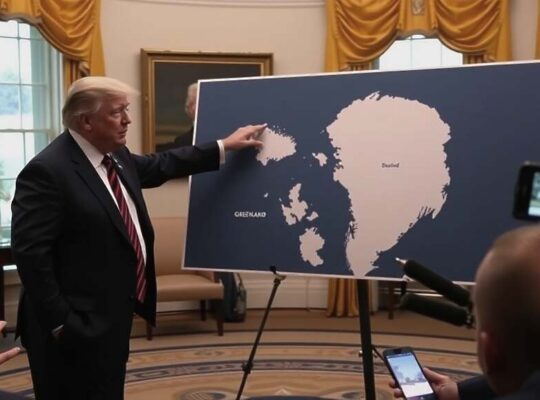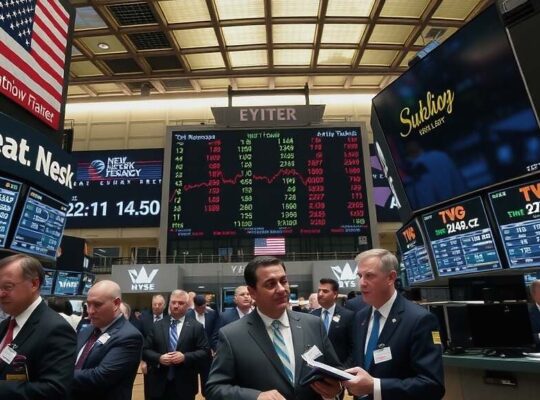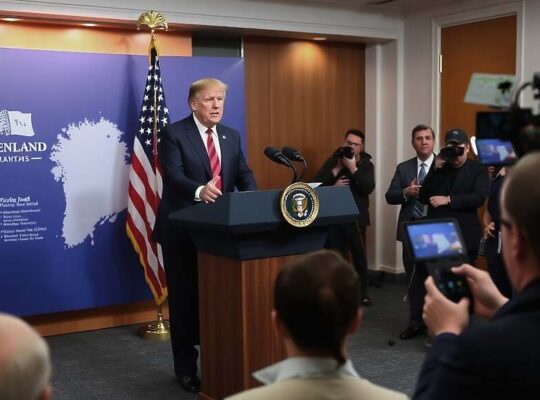The anticipated face-to-face summit between US President Donald Trump and Russian President Vladimir Putin, slated for Budapest, has been abruptly cancelled, leaving the future of US-Russia relations in further disarray. Confirming the decision to reporters at the White House on Wednesday, Trump stated the meeting “didn’t feel right” suggesting a lack of progress towards desired outcomes fueled his decision.
The cancellation represents a significant shift from just last Thursday, when Trump unexpectedly announced the Budapest meeting following a lengthy telephone conversation with Putin. Prior to Wednesday’s announcement, skepticism had already begun to surface, with earlier statements from the White House indicating no immediate plans for a summit. This wavering signals a potential breakdown in preliminary diplomatic groundwork, illustrating the complexities and inherent volatility of direct engagement between the two leaders.
While cancelling the meeting, Trump reiterated his belief that Putin desires a resolution to the ongoing conflict in Ukraine, claiming both leaders ultimately seek peace. However, he also voiced frustration over stalled negotiations, lamenting that seemingly productive conversations with Putin ultimately lead to inaction. This admission highlights the persistent disconnect between stated intentions and tangible progress in de-escalating the conflict, raising serious questions about Russia’s genuine commitment to a peaceful resolution.
Analysts suggest the abrupt cancellation is indicative of deepening political uncertainties and a potential lack of consensus within the Trump administration regarding the feasibility and potential benefits of direct talks with Putin, particularly given Russia’s continued military actions in Ukraine. The episode underscores the fragility of diplomatic efforts and the considerable challenges in navigating the complex geopolitical landscape dominated by the ongoing war and the strained relationship between Washington and Moscow. The future timing and nature of any renewed engagement remains highly uncertain.


